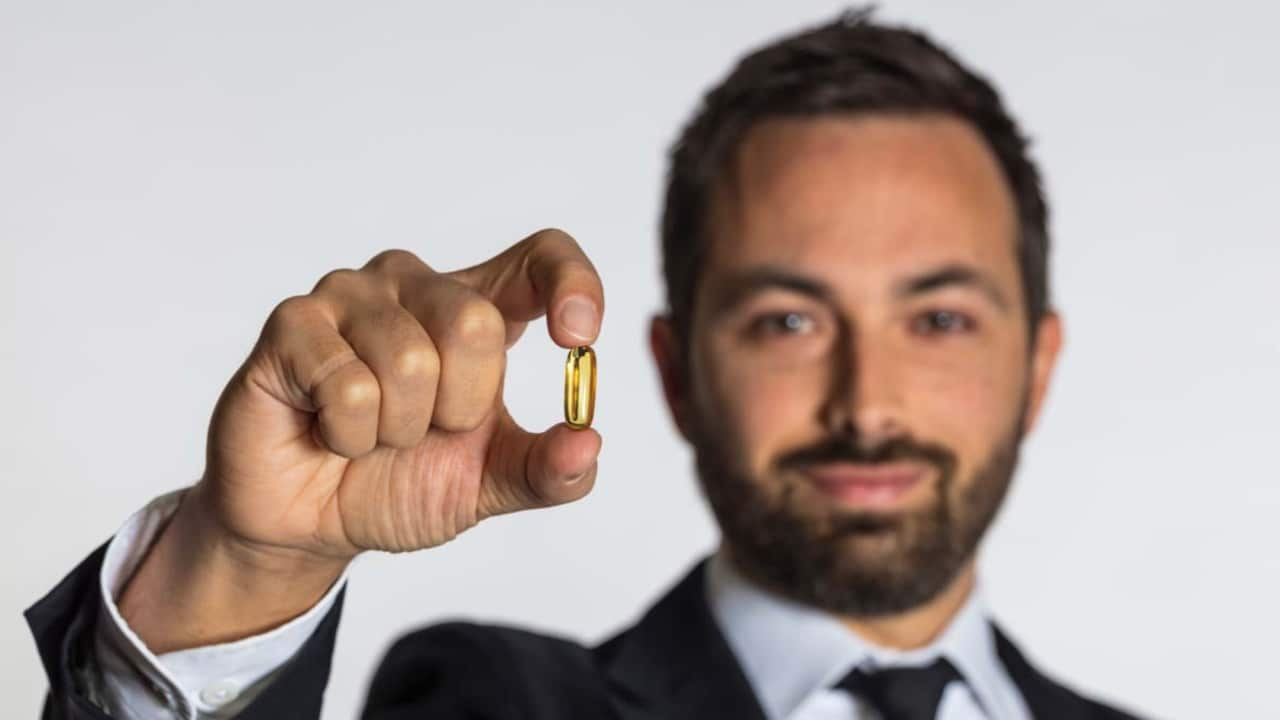Almost four out of 10 African immigrants living in Australia may be vitamin D deficient because of a lack of safe sun exposure and low amounts of dietary vitamin D, according to new nationwide research.
An Australian study, published in the earlier this year, has found that 36 per cent adult African immigrants – born in sub-Saharan Africa, North Africa and the Middle East – are currently vitamin D deficient.
“African people living in Australia are at greater risk of vitamin D deficiency due to their darker skin, as they require a higher dose of sun exposure to synthesise vitamin D,” says study lead author and postgraduate researcher in nutrition and dietitics at Curtin University, Kahlea Horton-French.
African people living in Australia are at greater risk of vitamin D deficiency due to their darker skin, as they require a higher dose of sun exposure to synthesise vitamin D.
The study provides the first nationwide estimate of the prevalence of vitamin D deficiency in African immigrants living in Australia. The research team used data from the 2011–2013 Australian Health Survey to investigate the issue.
The results highlight that the greatest risk was for vitamin D deficiency in this cultural group occurred during the Australian spring and winter.
“We also found that being of a younger age was one risk factor associated with vitamin D deficiency in this population, as older adults were more inclined to take vitamin D supplements,” says Horton-French.
The research also reveals that the prevalence of vitamin D deficiency in African immigrants living in Australia is substantially higher than that of the general Australian adult population at 23 per cent, which is cause for concern.
“There are approximately 200,000 people born in Africa, living in Australia, with vitamin D deficiency,” , senior research fellow at Curtin University, tells SBS.
“When you have that many people in the one community with a vitamin D deficiency, that is a public health concern for sure.”
A deficiency in vitamin D is associated with It’s also linked to some chronic diseases like and although more research is needed to prove these associations.
Some other foods contain limited amounts of vitamin D like [non-oily] white fish, meat, some dairy, eggs and mushrooms.
What to eat to boost your vitamin D levels
Although vitamin D supplements are available to help people boost their levels (if medically advised to do so), the first course of action should be to get vitamin D from natural sources like sunlight and food.
However, it’s not currently known how much vitamin D is in the common foods that we eat.
That’s why Dr Black is currently involved in a new research project, which will seek to determine the exact vitamin D levels in various foods available across Australia.
The study will sample 200 foods across the country and measure their vitamin D levels. However, as the research is ongoing, it will take a few years for the results to be released.
In the meantime, Horton-French says, the best dietary source of vitamin D Sardines, mackerel, salmon, herring and canned tuna are high in vitamin D.
“Some other foods contain limited amounts of vitamin D like [non-oily] white fish, meat, some dairy, eggs and mushrooms,” she says.
“Vitamin D is also added to various foods in Australia. It’s mandatory to add it to margarine and other spreads. An optional fortification is in low-fat dairy products and some breakfast cereals.”
A from East Africa living in Melbourne also showed that being a Muslim female and mostly covered when outdoors was associated with increased risk of vitamin D deficiency. However the 2019 Curtin University-led research demonstrated that there was no difference in vitamin D prevalence between men and women.
“If someone covers up for [religious reasons] when they are in the sun, then it is worth visiting a doctor to get your vitamin D levels tested and receive medical advice on the best course of action for you,” says Dr Black. “Because it’s very hard to receive enough vitamin D from just food alone, if you’re not getting much from sunlight exposure.”
More vitamins, naturally.

This is why you should see a doctor before taking a vitamin D pill





